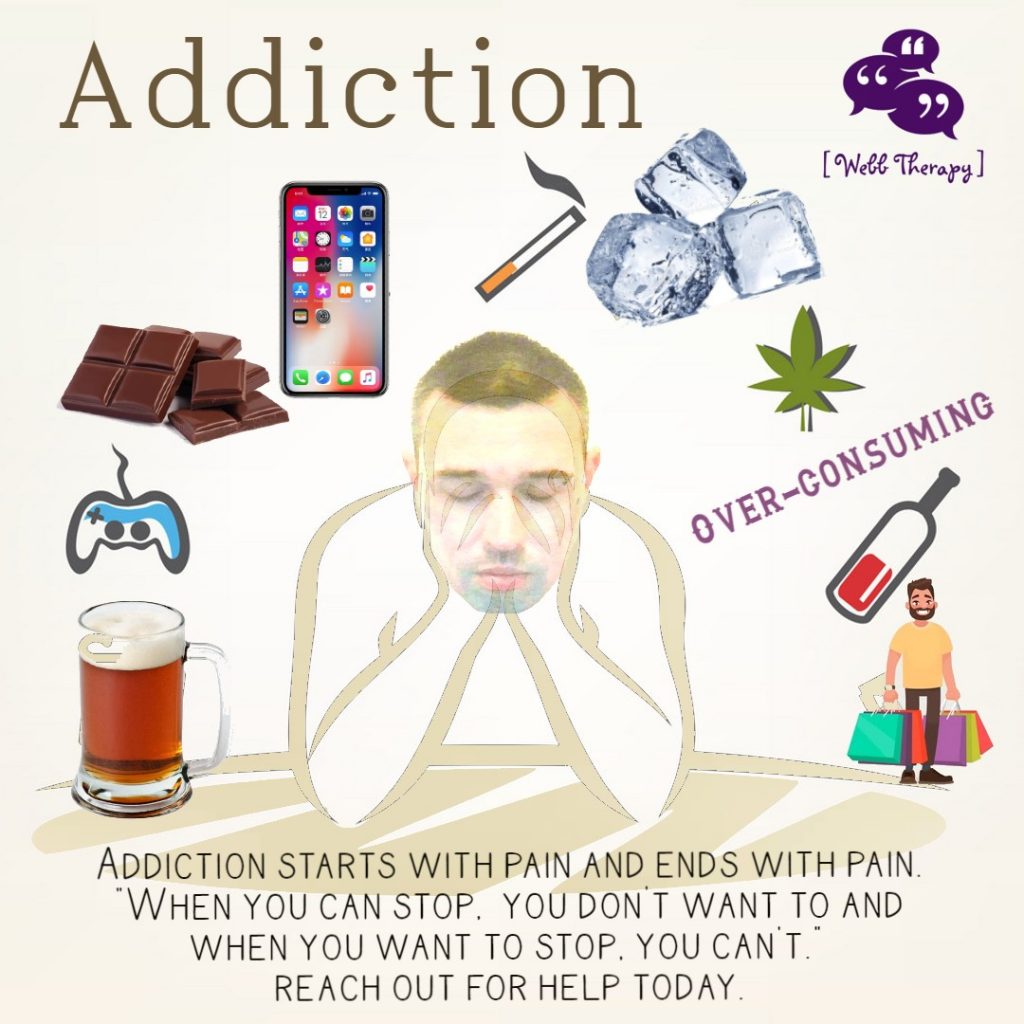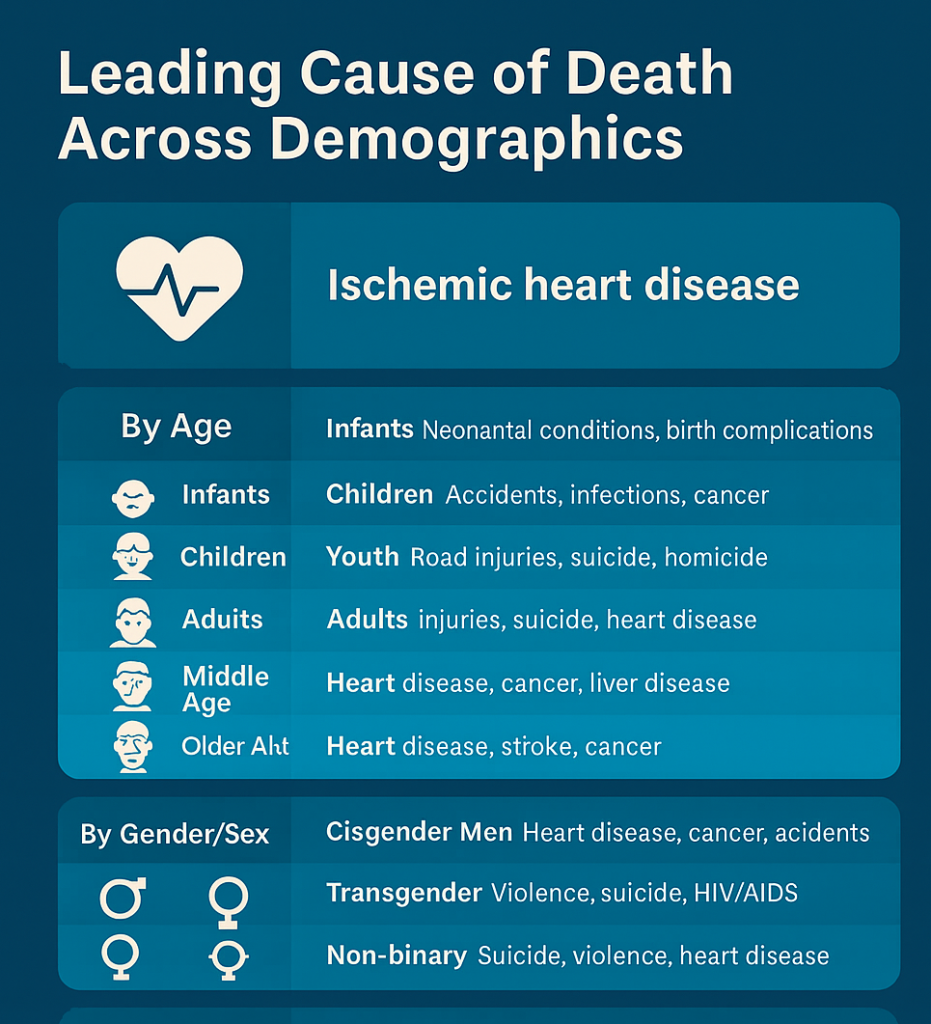People living with obsessive-compulsive disorder are encouraged to follow three general tips for effective self-management. They are: challenge the obsessive thoughts and compulsive behaviours (this includes use of distraction skills, and resisting the compulsion), maintain high self-care (you may need to put your needs first a lot – this is NOT selfishness or self-centredness), and reaching out for support. I want to clarify that I am not trained or qualified in OCD treatment – this is an extract from an article posted on the Australian Institute of Professional Counselling website.
The following information has been retrieved from AIPC Article Library | Self-help Strategies for OCD and OCPD. I think it’s also important to reinforce that if you have been living with OCD for years, you’re probably the expert on what is already most effective for you, and some of the following suggestions may make you roll your eyes. It can be very helpful/useful to talk to other people who live with OCD. They may understand your experience better than health workers, and this can be comforting, validating and healing.
Challenge the obsessive thoughts and compulsive behaviours. In addition to refocusing, the OCD client can learn to recognise and reduce stress. Some of the strategies here are counter-intuitive. You can urge clients to “go with the flow” by writing down obsessive thoughts, anticipating OCD urges, and creating “legitimate” worry periods. Tell them to:
Write down your obsessive thoughts or worries. Keep a pen and pad, laptop, tablet, or smartphone nearby. When the obsessive thoughts come, simply write them down. Keep writing as the urges continue, even if all you are doing is repeating the same phrases over and over. Writing helps you see how repetitive the obsessions are and also causes them to lose their power. As writing is harder than thinking, the obsessive thoughts will disappear sooner.
Anticipate OCD urges. You can help ease compulsive urges before they arise by anticipating them. For example, if you are a “checker” subtype, you can pay extra attention the first time you lock the window or turn off the jug, combining the action with creating a solid mental picture of yourself doing the action, and simultaneously telling yourself, “I can see that the window is now locked.” Later urges to check can then be more easily re-labelled as “just an obsessive thought”.
Create an OCD worry period. Rather than suppressing obsessions or compulsions, reschedule them. Give yourself one or two 10-minute “worry periods” each day, times you are allowed to freely devote to obsessing. During the periods, you are to focus only on negative thoughts or urges, without correcting them. At the end of the period, let the obsessive thoughts go and return to normal activities. The rest of the day is to be free of obsessions and compulsions. When the urges come during non-worry periods, write them down and agree to postpone dealing with them until the worry period. During the worry time, read the list and assess whether you still want to obsess on the items in it or not.
Create a tape of your OCD obsessions. Choose a specific worry or obsession and record it into a voice recorder, laptop or smartphone, recounting it exactly as it comes into your mind. Play the recording back to yourself over and over for a 45-minute period each day, until listening to it no longer causes you to feel highly distressed. This continuous confrontation of the obsession helps you to gradually become less anxious. When the anxiety of one worry has decreased significantly, you can repeat the exercise for a different obsession (Robinson et al, 2013).
Maintain good self-care. A healthy, balanced lifestyle plays an important role in managing OCD and the attendant anxiety (generally present with OCD, even though the disorder is no longer classified as an “anxiety disorder” per se), so the helpfulness of the following practices – truly not rocket science – cannot be underscored. Encourage OCD clients to:
- Practice relaxation techniques, for at least 30 minutes a day, to avoid triggering symptoms.
- Adopt healthy eating habits, beginning with a good breakfast followed by frequent small meals – with much whole grain, fruit and vegetable – throughout the day to avoid blood sugar lows and to boost serotonin.
- Exercise regularly; it’s a natural anti-anxiety treatment. Get 30 minutes plus of aerobic activity most days.
- Avoid alcohol and nicotine, as these increase anxiety after the initial effects wear off.
- Get enough sleep; a lack of it exacerbates anxious thoughts and feelings (Robinson et al, 2013).
Reach out for support. Staying connected to family and friends is the best defense an OCD client can muster against intrusive obsessions and compulsive urges, because social isolation exacerbates symptoms. Talking about worries and urges makes them seem less threatening. Also, involving others in one’s treatment can help maintain motivation and guard against setbacks. To help remind the client that s/he is not alone in the struggle with OCD, ask him or her to consider joining a support group, where personal experiences are shared and attendees also learn from others facing similar problems.
OCPD: Self-help strategies for survival
For both the person diagnosed with OCPD and also for his family and friends, dealing with this disorder requires patience, compassion, and fortitude. To start with, the ego-syntonic nature of OCPD means that the person does not necessarily agree that he has anything wrong at all. For those who staunchly continue to insist that their relational problems arise because of others’ faults, treatment is complicated. Given the OCPD’s general world view of “I am correct; you are wrong”, the prognosis for change is often poor. Transformation is likely to occur only when the OCPD’s relational skills and outlook are shifted. This is not a job for medication (at least not for long and not alone), and yet psychotherapy is not always available. When it is, the OCPD is not always willing to avail himself of it.
Regardless of this less-than-ideal context for managing OCPD, there are some things that the client himself and also friends and family can do to alleviate some of the tension and conflict that goes with living with the disorder. As a therapist, you can encourage the client and those around him to utilise some of these strategies.
Bibliotherapy. It’s a good idea to read up on OCPD, not only in order to know what to expect, but also for tips in dealing with it. Your client may also come upon writings that link some behaviours and lifestyle choices to the disorder in ways not understood before. When comprehension deepens, so, too, does the prospect of compassion.
Gentle confrontation (agreed beforehand). While we agree that OCPD clients have a mammoth need to be right, those clients who truly seek to feel better may be willing to make agreements with family and friends in which OCPD behaviours, when noticed, are gently challenged; the operative word here is gently.
Self-insight through journalling or tape-recording. We noted above that many OCPD clients are intelligent, sensitive people. Thus, keeping a diary or making voice recordings to note anything upsetting, anxiety-provoking, overwhelming, or depressing is a step toward the self-insight that will eventually help to manage the disorder. Too, family and friends may agree to note their observations and share them in a constructive, non-confrontational manner.
Good self-care. OCPD is a disorder about exaggerated need for control, so keeping on an emotional even keel can help reduce the unconscious need to micro-manage all of life. Strategies to achieve this are listed above under Tip 2 for maintaining self-care with OCD. They revolve around the basic life efforts of practicing relaxation techniques, adopting healthy eating and exercise regimens, getting decent sleep, and avoiding excessive alcohol/drug consumption (the last is not hard for the OCPD).
Reaching out for help. OCPD individuals tend to be loners, and relationships are hard for them to build and maintain. Nevertheless, it is helpful to the ultimate reduction of OCPD-engendered tension to go for support. This can be in the form of self-help groups, informal support from partner, family, and friends, or even from joining online communities of people dealing with the disorder. Whatever the form of the support, it may be helpful for OCPD clients to own their places of dysfunction when they see others owning their imperfect humanness – and surviving (Robinson et al, 2013)!
References
- Long, P. (2011). Obsessive-Compulsive Personality Disorder. Internet mental health. Retrieved on 18 April, 2013, from: hyperlink.
- Robinson, L., Smith, M., & Segal, J. (2013). Obsessive-Compulsive Disorder: Symptoms and treatment of compulsive behaviour and obsessive thoughts. Helpguide.org. Retrieved on 24 April, 2013, from: hyperlink.


